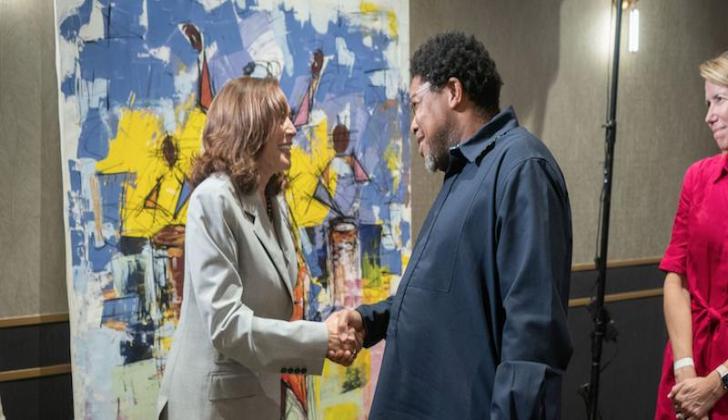News / Local
Dr Siphosami Malunga selected as a Yale University Global Justice Programme Fellow
03 Nov 2023 at 09:27hrs |
975 Views

Zimbabwean international human rights lawyer Dr Siphosami Malunga has been selected as a Yale University Global Justice Programme Fellow, joining distinguished Professor Thomas Pogge's trailblazing work and its eminent multidisciplinary 55-member cohort of fundis in various fields of study and disciplines.
The Global Justice Programme seeks to contribute to ensure a just and equal Global society.
Malunga said: "Truly humbled and honoured to be selected as Yale University Global Justice Fellow and to join distinguished Prof. Thomas Pogge's trailblazing Global Justice Program & its eminent cohort of Global Fellows. The programme works on assessment and much- needed reform of global institutional arrangements. I look forward to learning and making a meaningful contribution."
Malunga is a human rights lawyer and an advocate for justice, transparent and accountable governance.
He has previously held United Nations posts around the world focused on democratic governance, development, peacekeeping, post-conflict recovery, justice sector reform, and transitional justice.
Further, he is also an international criminal lawyer and wqs lead defence counsel in the Special Panel for Serious Crimes in East Timor and in tje process defended the militia commander Johni Marques in the first crimes against humanity trial (Los Palos Case) and other militia commanders. Malunga is a regular contributor on political and economic governance, human rights and accountability issues in national, regional, and international publications.
His most recent publications include: "Defending Open Societies in the Context of COVID-19: The role of philanthropic foundations in responding to the pandemic and the case of the Open Society Initiative for Southern Africa" (International Review of Philanthropy and Social Investment (2020)); and "The Killing Fields of Matabeleland: An Examination of the Gukurahundi Genocide in Zimbabwe" (African Yearbook on International Humanitarian Law, 2021) ane Unpacking Gukurahundi Atrocities Against the Ndebeles of Zimbabwe: What Are the Possibilities for Individual Criminal Responsibility of the Perpetrators Under International Criminal Law? and "A History of Atrocity: Patterns, Perpetrators and Prospects for Accountability for International Crimes in Zimbabwe".
The Global Justice Programme seeks to contribute to ensure a just and equal Global society.
Malunga said: "Truly humbled and honoured to be selected as Yale University Global Justice Fellow and to join distinguished Prof. Thomas Pogge's trailblazing Global Justice Program & its eminent cohort of Global Fellows. The programme works on assessment and much- needed reform of global institutional arrangements. I look forward to learning and making a meaningful contribution."
Malunga is a human rights lawyer and an advocate for justice, transparent and accountable governance.
He has previously held United Nations posts around the world focused on democratic governance, development, peacekeeping, post-conflict recovery, justice sector reform, and transitional justice.
Further, he is also an international criminal lawyer and wqs lead defence counsel in the Special Panel for Serious Crimes in East Timor and in tje process defended the militia commander Johni Marques in the first crimes against humanity trial (Los Palos Case) and other militia commanders. Malunga is a regular contributor on political and economic governance, human rights and accountability issues in national, regional, and international publications.
His most recent publications include: "Defending Open Societies in the Context of COVID-19: The role of philanthropic foundations in responding to the pandemic and the case of the Open Society Initiative for Southern Africa" (International Review of Philanthropy and Social Investment (2020)); and "The Killing Fields of Matabeleland: An Examination of the Gukurahundi Genocide in Zimbabwe" (African Yearbook on International Humanitarian Law, 2021) ane Unpacking Gukurahundi Atrocities Against the Ndebeles of Zimbabwe: What Are the Possibilities for Individual Criminal Responsibility of the Perpetrators Under International Criminal Law? and "A History of Atrocity: Patterns, Perpetrators and Prospects for Accountability for International Crimes in Zimbabwe".
Source - newshawks
Join the discussion
Loading comments…































